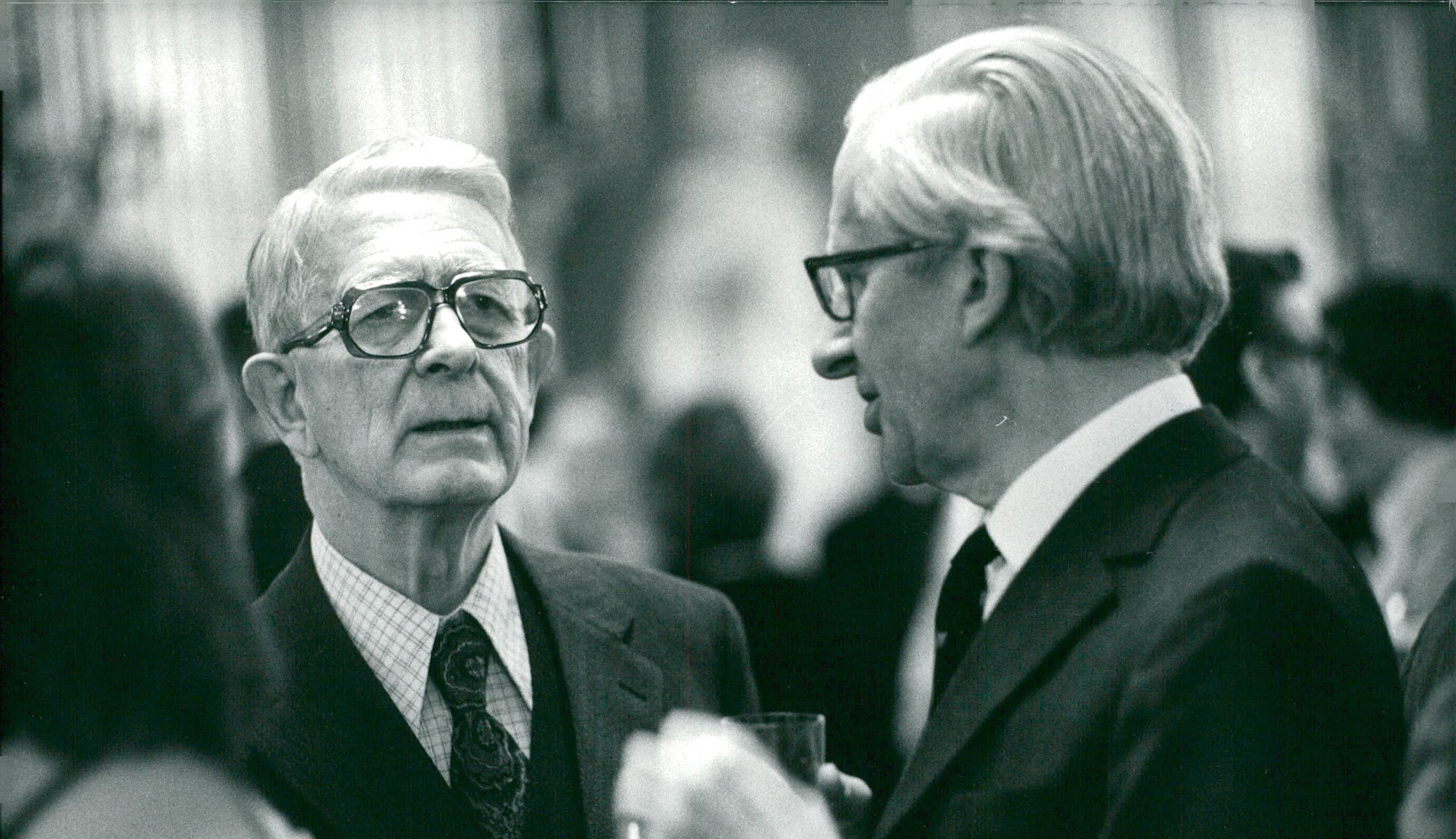Evsei Liberman 101: Who is a Soviet Economist? In this article on Zatrun.com, we will cover in detail everything you need to know about Evsei Liberman, the Soviet economist that our readers are curious about.
Who is Evsei Liberman?
Evsei Grigorievich Liberman, also known as Ovsiy Grigorovich Lieberman in Ukrainian, was a prominent Soviet economist who lived in Khariv, Ukraine from 1897 to 1981. He was the architect of the 1965 Soviet economic reform, also known as “Libermanism”. Liberman was born to a wealthy Jewish family in Slavuta, Russian Empire.

He received a law degree from the Faculty of Law of Kiev University in 1920 and graduated from the Faculty of Mechanical Manufacturing of the Kharkiv Institute of Engineering and Economics in 1933. He taught at the Kharkiv Institute of Engineering and Economics, the Kharkiv VI Lenin Polytechnic Institute and Kharkiv University.
Evsei Liberman was a pioneer in proposing new methods of economic planning based on the principles of new democratic centralism. His doctoral dissertation, “Plan, Utility and Prisms”, published in Pravda in 1962, formed the basis of the Soviet reforms of 1965. These reforms were important for the Soviet economy, as they provided enterprises with greater flexibility and decision-making power, which led to increased productivity and productivity.
At the same time, his ideas on economic planning and management were based on the premise that a centralised planning system based on command and control could not effectively respond to the complex needs of a modern economy. Instead, he proposed a decentralised approach that allows for more autonomy and decision-making power at the enterprise level. Liberman believed that this approach would make the economy more sensitive to market forces and more adaptable to changing conditions.

Evsei Liberman’s ideas were controversial in the Soviet Union and encountered opposition from both conservative and liberal factions. Despite this, he continued to advocate for his economic reforms, which he believed would lead to greater prosperity and economic growth for the Soviet Union.
His Career Life
Liberman proposed new methods of economic planning based on the principles of new democratic centralism. His doctoral dissertation, “Plan, Profit and Prisms”, published in Pravda in 1962, formed the basis of the Soviet reforms of 1965. “The Structure of the Balance Sheet of an Industrial Enterprise” (1948), “Means of Increasing the Profitability of Socialist Enterprises” (1954), “Analysis of Resource Use” (1963), “Production Plan and Benefits” are among his important works. “The Soviet Economy” (1965) and “Planning Socialism” (1967).

Liberman-inspired reforms failed to revive the Soviet economy in the 1960s. However, the reform proposals were implemented in East Germany. Liberman’s wife, Regina Horowitz, was a pianist and pedagogue who was also the sister of the famous pianist Vladimir Horowitz. His grandson Genia is also a virtuoso concert pianist. Evsei Liberman died in Kharkiv in 1981.
Today, Evsei Liberman is remembered as a pioneering economist who challenged the status quo and proposed innovative solutions to some of the Soviet Union’s most pressing economic problems. His ideas on economic planning and management continue to be studied and discussed by economists around the world, and his legacy lives on in the ongoing quest for more efficient and effective economic systems.












